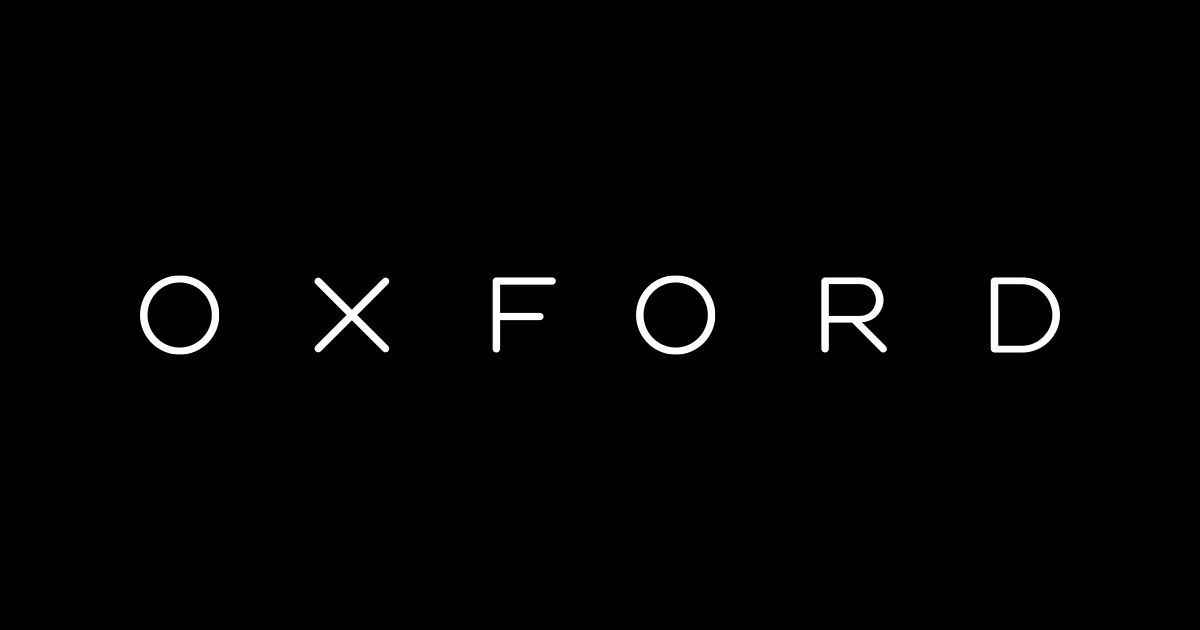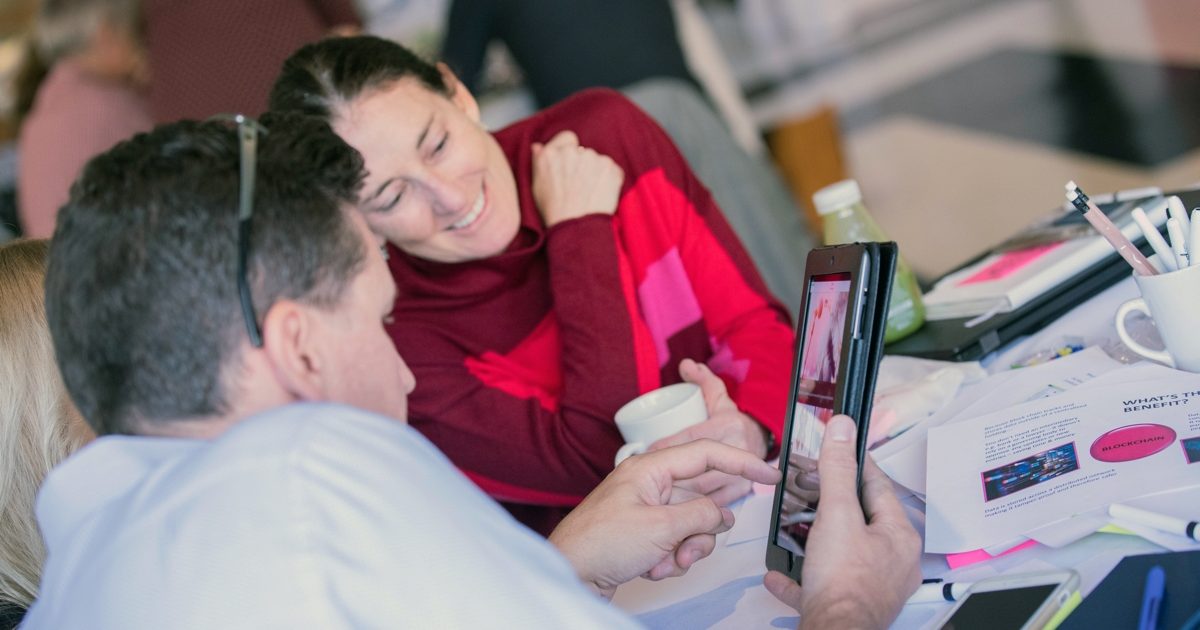Inspiring a culture of creativity in marketers
In our marketing world, some of the biggest disruptions of these past years have been digital, AI, data and machine learning: 90% of the world’s data has actually been produced in the last two years.
So as a result, many companies invest heavily today in up-skilling their marketing and sales force in data and digital skills.
"In a world where there is so much talk of robots, we need to recognise how essential human creativity is, and increase its supply"
Marketing Week
But are we so focused on filling the gaps on digital and functional skills, that we are at risk of losing sight of behavioural skills?
And while AI and machine learning may take over some of our tasks tomorrow, human capabilities will become more and more prized and become the real differentiators for a great marketer. Behavioural skills are the ones critical for long term growth.
While data and AI are the new norm, behavioural skills are the new premium. It's the whole paradox of being more data AND human skilled at the same time.
So, to succeed as marketers, we need to be ready to disrupt ourselves, and rethink how we do marketing. What is our own purpose? What behavioural skills do we need to make the difference in this volatile world?
At Oxford, we identified 3 critical behavioural skills for the future of marketing: Flexibility & Agility, Interdependence & Empathy and Creativity & Courage.
In this article, we want to reflect on what it means to be creative, and more importantly, how to become more creatively brave.
By nature, marketers tend to be more curious, innovative and creative people, but especially in large organisations, they are swallowed up in daily tasks, processes and ways of working.
We can find so many articles looking at proving and quantifying why creativity matters in marketing. How did we end up even asking the question? So, we’re not going to explain why creativity is critical but more how we can re-inject it in the way we do marketing today.
At Oxford, we recently worked with a client whose ambition was to inject more creativity and storytelling into their premium brands in order to support an ambitious growth agenda.
With such a broad brief, we started by helping them define what they meant by being more creative.
To do so, we looked to the experts to nail what creativity means, but there is no neat and tidy way to describe it:
The use of imagination or original ideas to create something.
- Oxford English Dictionary
There is no doubt that creativity is the most important human resource of all. Without creativity, there would be no progress, and we would be forever repeating the same patterns.
- Edward de Bono
Curiosity about life in all of its aspects, I think, is still the secret of great creative people.
- Leo Burnett
Creativity is intelligence having FUN.
- Albert Einstein
Creativity takes courage
- David Ogilvy
Because Creativity is not a thing to define or teach, but a 'way' or an 'approach'.
Take one of the biggest challenges that marketing has had to face recently: COVID and lockdowns. It raised massive demand, supply chain and sales problems, but some companies didn’t stop there, they approached those massive challenges with creativity.
We saw distilleries selling hand sanitisers, closed bar shutters turned into outdoor media spaces to support local businesses. We saw creativity at its best, reinventing the way marketing can be done.
Behavioural skills like creativity can be developed and nurtured just like functional skills
This helps to offset the idea that we are either born creative or we are not. Yes, there are people whose sole role is to be a “creative”, but everyone can be creative in their job, and everyone can certainly learn to be more creatively brave. Behavioural skills like creativity can be developed and nurtured just like functional skills.
For that, creativity must be made relevant, and its application tied to the bigger picture of what the organization is delivering, or it risks becoming a “thing” to do vs. a behaviour.
So, to help our client, we looked at the structure, resources, skills, ways of working and what is valued to begin to unpack how creativity currently enables the organization and how it could enable it in the future.
These five levers are interdependent on one another – even if you can do an outstanding job on one, if there is an issue with the others, the effort is unlikely to succeed.
One of the insights found here was that while there were some brilliant examples of creative bravery, there was no consistent culture of creativity across the organization.
creativity must be made relevant, and its application tied to the bigger picture of what the organization is delivering
To address this, Oxford supported a community of top talent within their organization to identify and land the behavioural change needed. Outside of the top talent, the wider organization was engaged through a combination of surveys and interviews, engaging with key agencies and benchmarking external best practices.
To drive the culture change within the broader community, Oxford helped to demonstrate WHY creativity matters, WHAT good looks like, and HOW to be more creatively brave.
And when faced with the challenge of not being able to run the program in person, Oxford had to apply their own creative approach and designed a 'virtual kick-off' to the capability program.
Because this was a cultural change programme, Oxford needed to inspire marketers first, and show real endorsement from the top.
As such, a wide range of senior, external speakers, industry experts and storytellers, as well as their own brands examples, were used in this multi-day event which demonstrated how being creatively brave fits into the bigger organizational picture.
The result? A community of marketers inspired to be more creatively brave, who understand the potential impact for their organization.
The in-person portion of this multi-year capability program has now started and will continue to focus on the behavioural skills critical to becoming creative and courageous to enable long-term growth, as AI levels the playing field with data.
Creativity may well be the last legal unfair competitive advantage
- Dave Trott
If you're looking to drive more creativity into your organisation and are interested to know more about the skills for the future of marketing, please do get in touch.
Share this
You May Also Like
These Related Stories

5 Ideas to Jump-Start Your Marketing in 2019

Using e-commerce as a transactional sales channel is only the start

.png?width=657&height=57&name=OXFORD%20LOGO%20(1).png)
No Comments Yet
Let us know what you think